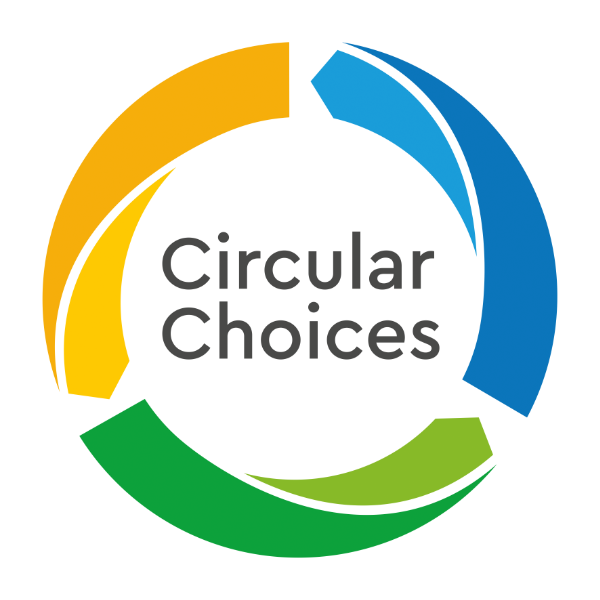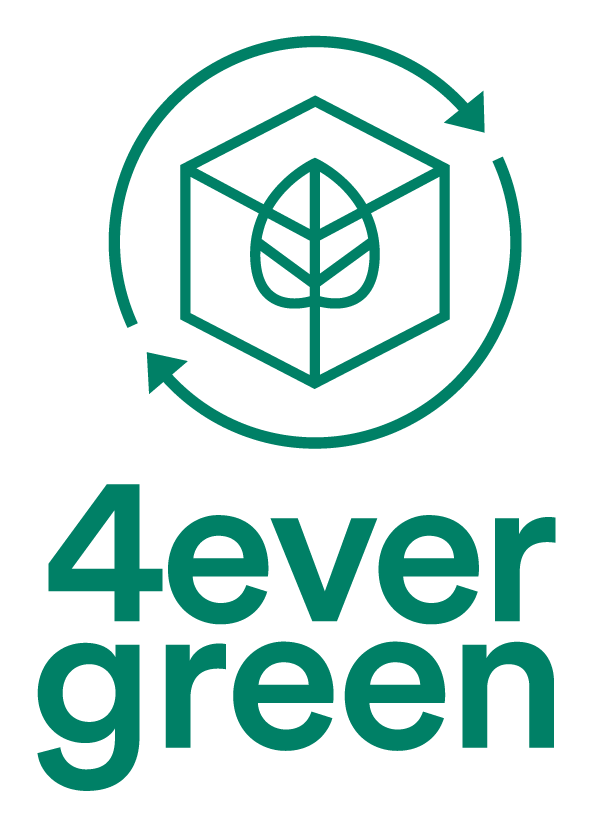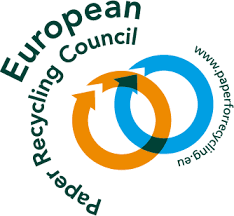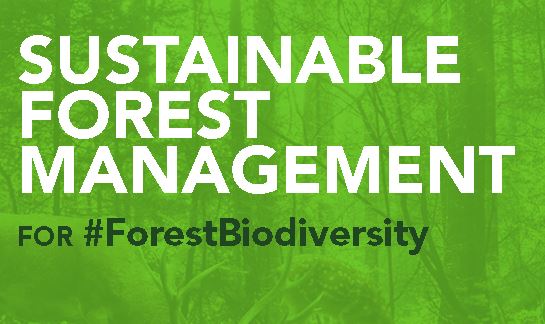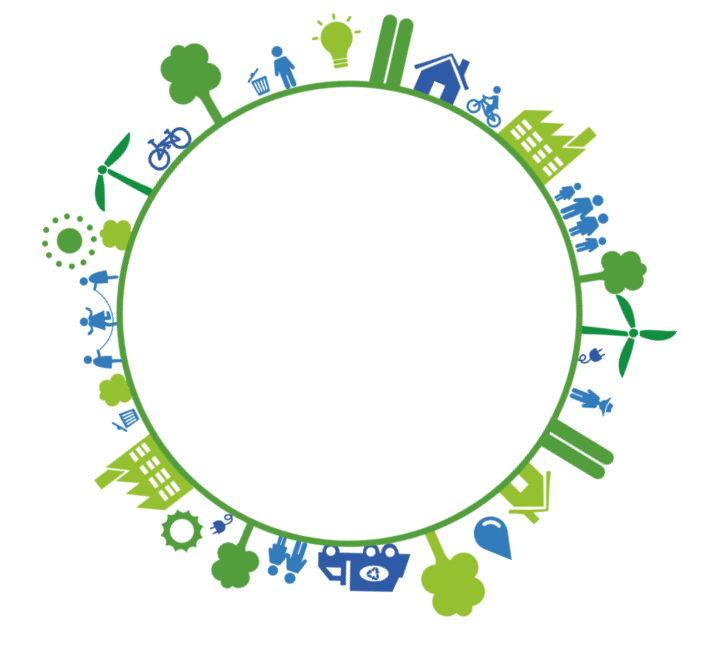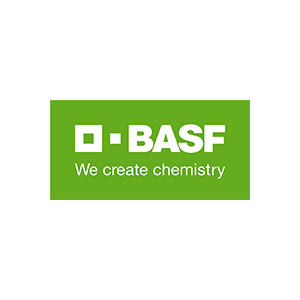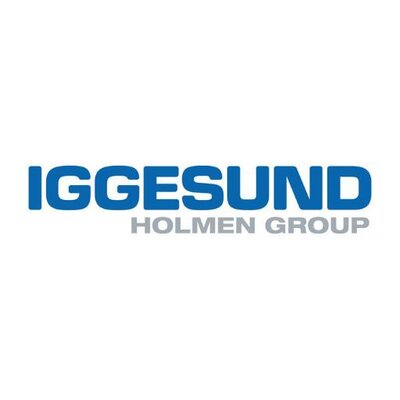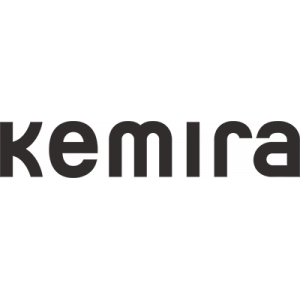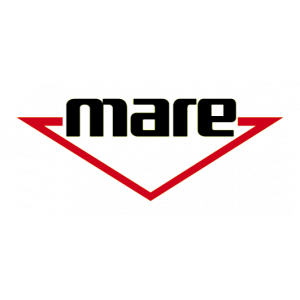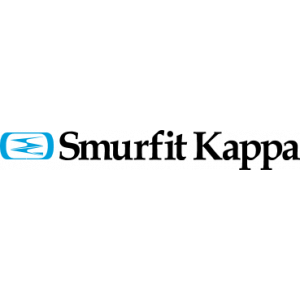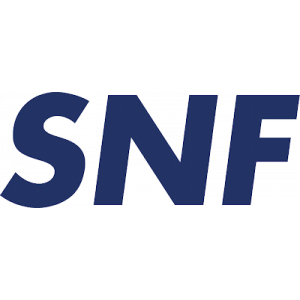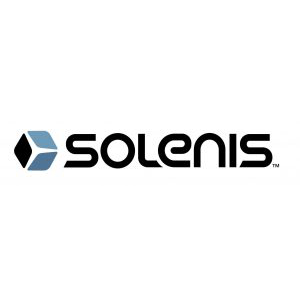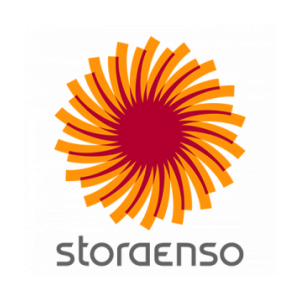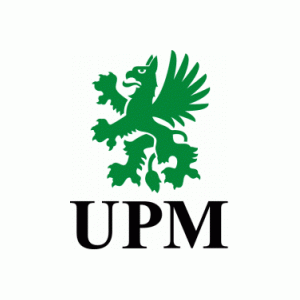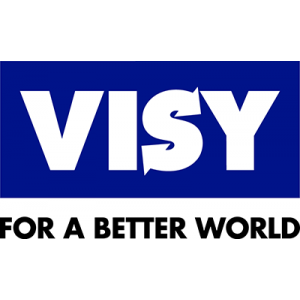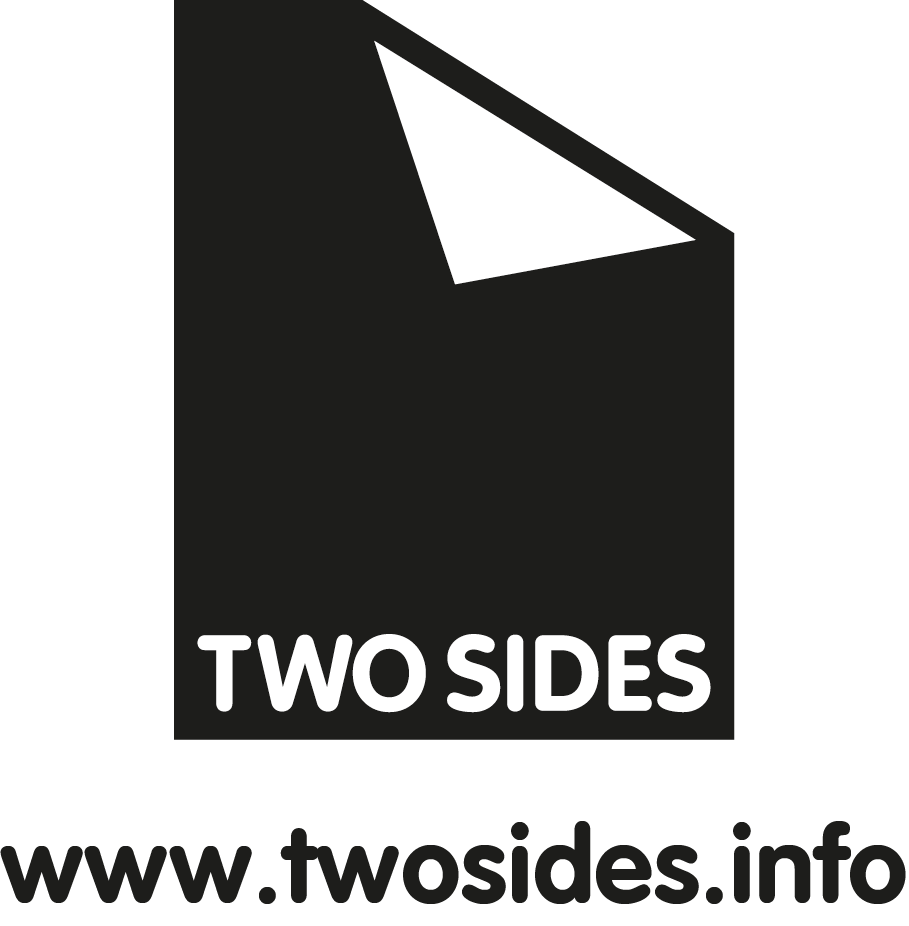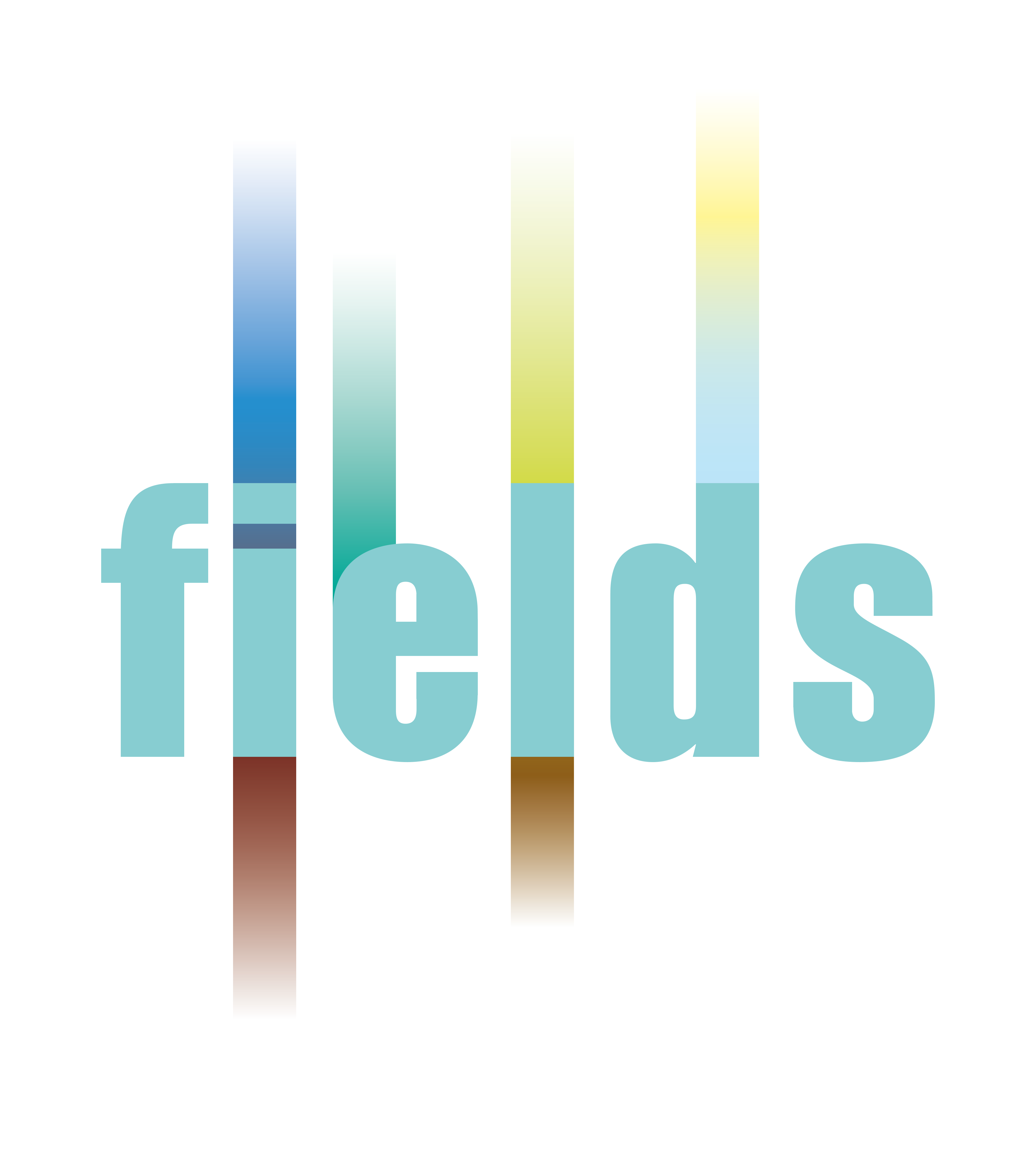Circular Choices campaign
The Circular Choices campaign aims at promoting the policy and market conditions necessary in the EU to scale-up the circular bioeconomy. Cepi’s campaign brings together 14 EU trade associations that represent providers of renewable products and renewable energy solutions. This coalition is supported by a further six trade associations that represent EU forest owners and managers.
Contact
4evergreen
4evergreen is a cross-industry alliance perfecting the circularity of fibre-based packaging to contribute to a climate-neutral and sustainable society. The goal is to raise the overall recycling rate of fibre-based packaging to 90% by 2030. The alliance brings together industry representatives from across the fibre-based packaging value chain, from pulp, paper and board manufacturers and recyclers to packaging producers and converters, including brand owners, retailers and waste management companies. It also comprises chemical suppliers (e.g., adhesives, inks, coatings), technology providers (e.g., collection, sorting, and recycling solutions), and leading research institutes.
Contact
Susanne Haase
Program Director, 4evergreen
Giulia Fadini
Innovative Projects Manager
Michele Rattotti
Project manager
EPRC
The European Paper Recycling Council (EPRC) was set up as an industry self-initiative in November 2000 to monitor progress towards meeting higher paper recycling targets. These are set out in the European Declaration on Paper Recycling first published in 2000 and renewed every five years since. The current target for the 2016-2020 declaration is set to 74%.
Contact
Ulrich Leberle
Raw Materials Director
Maria Georgiadou
Reclycing Manager
Sophy Ashmead
Assistants’ Coordinator
#Greensource
Europe’s forest fibre industry is good for the planet, good for the people and good for the European economy.
We can make the 2050 climate neutrality target a reality while making sure that forests keep growing, absorbing CO2 and protecting biodiversity.
Forest Biodiversity
Forest Biodiversity is powered by the forest and forest-based sectors to provide insight into the contribution of sustainable forest management (SFM) in conserving and enhancing forest biodiversity.
Forests make vital contributions to both people and the planet, bolstering livelihoods, providing multiple ecosystem services, including biodiversity and climate change mitigation. Sustainable management maintains Europe’s forests as healthy, resilient and biodiverse national resources and strengthens Europe’s push towards climate neutrality.
Sustainability platform
The Cepi Sustainability Platform was launched in 2018 to show that sustainability and competitiveness have to go hand in hand in order for industry to excel; our industry is a leading example of this.
For instance, we use residues, such as bark. We also turn residues from recycling into useful products that foster Europe’s Circular Economy. At the same time we are pioneering research that will provide low-carbon alternatives to the way we produce our products, reducing not only the amount of raw materials we use, but the amount of energy we consume.
Sustainability is precisely that: a vision of business development based on sustainable practices that address society’s key challenges, on a long-lasting basis. The European forest fibre and paper industry is the only mainstream industry that is both renewable and recyclable. We are therefore uniquely placed to create new sustainable opportunities which contribute both to climate mitigation and sustainable growth, to make the European Green Deal happen.
Our platform uses our industry most recent data to demonstrate how sustainability is applied across all dimensions of our business model.
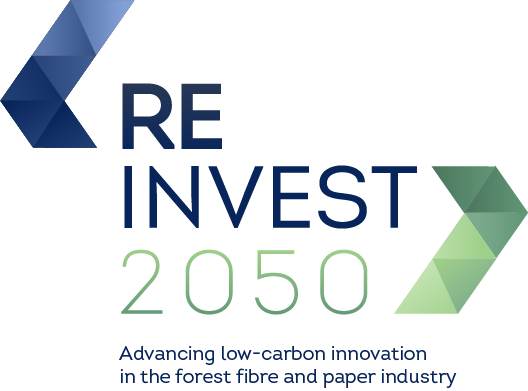
Reinvest 2050
Advancing low-carbon innovation in the forest fibre and paper industry
From forest fibre technology to advanced paper design, the forest fibre and paper industry is a leader of the low-carbon circular bioeconomy transition. Our products add value to European society at large, as they are renewable, recyclable, bio-based, innovative and Made in Europe.
REINVEST 2050 is a commitment of the forest fibre and paper industry to demonstrate how the industry is actively taking responsibility in reducing its carbon emissions, as well as playing a leading role in providing bio-based alternatives to more carbon-intensive products.
Contact
Małgosia Rybak
Climate Change & Energy Director
REFFIBRE
REFFIBRE is an EU-funded project that started in November 2013. Using parallel tracks, the project developed various tools for the paper and board industry to cover different parts of the value chain. These tools were then tested through the comparison of different modelling results of their environmental impact with the results from actual demonstration tests.
These innovative concepts include fractionation of input materials and production of novel products from side streams (e.g. bio-oil using pyrolysis).
This was done to provide the needed information regarding the impact of new production processes, raw material input and product innovations, as well as the influence on the recyclability of the end product. The tools enabled paper makers to consider innovations affecting profitability in the value chain.
CTS
The Comparative Testing Service of Cepi (Cepi-CTS) is a quantitative, simultaneous and continuous proficiency testing scheme for the Paper Industry that runs continuously since 1976. It comprises a Round Robin programme of more than 100 different tests and it is used by more than 400 paper testing laboratories in most European countries. It is one of the many activities supported by Cepi and it is run by a Working Group whose members are nominated by the national Paper Associations and who are mostly research institutes.
If you would like to learn more about the Cepi Comparative Testing Service, you could download the following documents:
- A description of the Cepi-CTS in the framework of proficiency testing schemes
- The Cepi-CTS Handbook document 5:1, the list of available properties and their indicative ranges
- The Cepi-CTS Handbook document 6:2, a description of the Cepi-CTS statistical tools and of its reports
- The Cepi-CTS brochure
More information can be found here.
Contact
Fulvio Savagnone
Cepi-CTS Chairman
ImpactPapeRec
The European project IMPACTPapeRec was launched in Valencia in February 2016. The objective of the project is to further increase the separate collection of paper for recycling (PfR) and promote appropriate schemes to avoid landfilling and incineration. The project lasted over a period of two years and was financed by the European Union Horizon 2020 programme.

Pulp and Paper Value Chain information system
Pulp and paper manufacturers and chemical suppliers are working together to establish a standardized communication that fosters the exchange of chemical information and increases transparency in the value chain.
The parties have developed a Harmonized Questionnaire and selected StacksData to provide a modern web-based SaaS tool. This online tool is specifically designed and built for P&P-VIS members to facilitate the information transfer between chemical suppliers and pulp and paper manufacturers. The tool utilizes the most current version of the Harmonized Questionnaire and will be kept updated.
Terms of Reference here.
More information is available at www.StacksData.com/PPVIS.
Contact
Two Sides
Two Sides seeks to ensure that print, paper, and paper-based packaging remains an essential communication medium in today’s digital world and the preferred and sustainable way to pack and protect.
Contact
Chairman
Cepi Recyclability Test Method
This is version 2 of the Cepi Recyclability Test Method. The test method defines a laboratory procedure emulating the most relevant phases of a typical paper mill dedicated to the recycling of the most common grades of paper and board, without deinking technology or other special features. This method and the values it generates was used by 4evergreen workstream 1 as a basis for the development of a protocol to evaluate the recyclability of fibre-based packaging in standard recycling mills. During this development work, a lot of tests based on this method were carried out which generated valuable information and experience enabling the test method to be further developed.
Cepi’s Recyclability Laboratory Test Method version 2 was finalised in July 2022.
In order to evaluate the recyclability of paper-based packaging in standard recycling mills, the method can be used in combination with the 4evergreen recyclability evaluation protocol.
Contact
Program Director, 4evergreen
FIELDS: Addressing the current and Future skIll needs for sustainability, digitalization, and the bio-Economy in AgricuLture: European skills agenDa and Strategy
European agri-production is faced with several challenges (globalisation, increasing competition, price volatility, low incremental crop productivity, climate change…) whilst the demand for food and feed is increasing. Moving from business-as-usual agriculture to sustainable farming is a complex process that involves reshaping the role of the farmer from a mere producer of food and commodities, into a “wise manager of the natural capital”, requiring a transfer of innovations and skills in the areas of sustainability, digitalisation and bio-economy. More production from sustainable agriculture and forestry in a circular economy loop are needed, requiring knowledge transfer as well as completely new skills at the levels of agriculture and forestry.
The project’s purpose is to provide strategies and training in the fields of innovation in agriculture and forestry, with particular emphasis on sustainability, digitalisation and bio-economy.
Contact
Innovative Projects Manager

